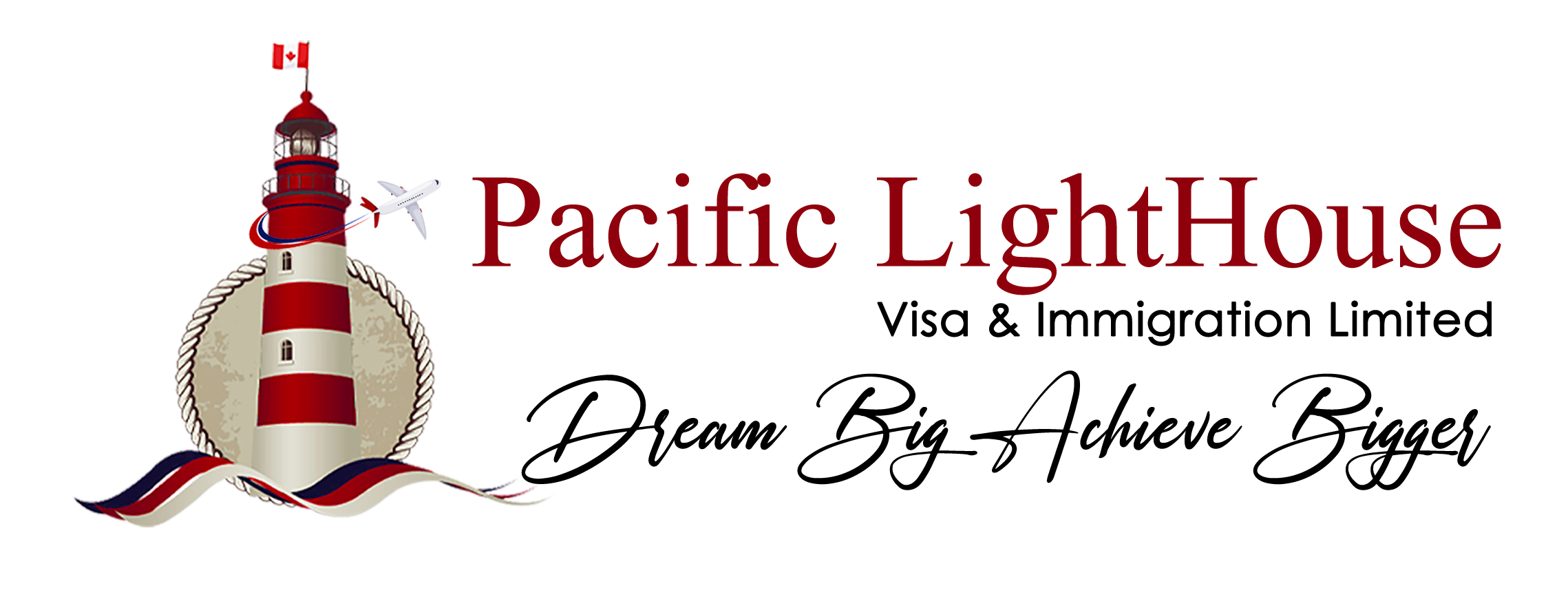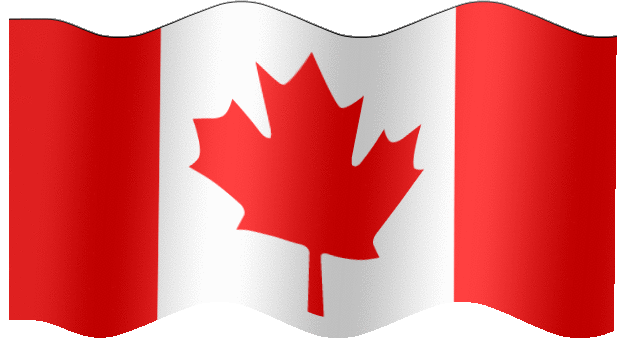The study permit is a document that allows foreign nationals to study at designated learning institutions (DLIs) in Canada.
You can come to Canada to study if you are enrolled at a DLI, prove you have enough money to pay for your tuition fees, living expenses for yourself and any family members who come with you to Canada and return transportation for yourself and any family members who come with you to Canada, obey the law, have no criminal record and get a police certificate (if required), are in good health and get a medical exam (if required) and prove to an officer that you will leave Canada when your study permit expires
A foreign national who intends to study in Canada need a study permit if the training program duration is more than six months.
Work Permit for students
As per Immigration Act foreign national may work in Canada without a work permit if they are the holder of a study permit and they are a full-time student enrolled at a designated learning institution, the program in which they are enrolled is a post-secondary academic, vocational or professional training program, or a vocational training program at the secondary level offered in Quebec, in each case, of a duration of six months or more that leads to a degree, diploma or certificate, and although they are permitted to engage in full-time work during a regularly scheduled break between academic sessions, they work no more than 20 hours per week during a regular academic session.
A foreign national may work in Canada without a work permit if they are a full-time student, on the campus of the university or college at which they are a full-time student, for the period for which they hold a study permit to study at that university or college;
The following people may study in Canada without a permit.
- The duration of the study program is less than six months
- Certain employees of foreign governments and their accompanying family members
- Minor children of parents who are in Canada with a valid work permitor study permit or if their parents are permanent resident or citizens of Canada
- Certain members of armed forces who are working in Canada
- Permanent residents and citizens of Canada
- First Nations, Inuits, and Métis
- Work available to your spouse or common-law partner
Your spouse or common-law partner may apply for a work permit if you are a full-time student at a public post-secondary institution, such as a college or university or collège d’enseignement général et professionnel (CEGEP) in Quebec, a private post-secondary institution that operates under the same rules and regulations as a public institution, and receives at least 50 percent of its financing for its overall operations from government grants (currently, only private college-level educational institutions in Quebec qualify) or a Canadian private institution authorized by provincial statute to confer degrees, you have a valid study permit or you have a valid work permit.Work permits for your spouse or common-law partner are valid for the same period of time as your study or work permit.
If you are interested in seeking professional assistance or if you have any questions, please contact us


